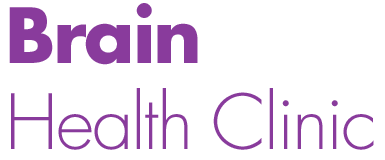The brain is our body’s master computer. It is far more elegant and complex than the fastest man-made super computer. Computer-aided EEG measurement reveals much about the way the brain operates. The brain makes “frequencies” governing different activities from sleep to deep concentration to creative problem solving. Brain waves are grouped in bands: delta, theta, alpha and beta. There are no “bad frequencies,” but there are caveats. If there is too much delta in the daytime, the person will be slow and lethargic. Theta is related to creative problem solving, but continued theta puts a person in a dreamlike state, inattentive. Alpha is idling, prayerful, and meditative, but too much alpha makes a blunted response, out of touch. Beta is cognitive functioning, but too much beta causes anxiety.
Brainwaves regulate how well you can pay attention, and how much you are aroused. The brainwaves need to be flexible to adjust to the task at hand. If your brain cannot adjust to the task at hand, it lacks flexibility. If there is too much arousal, the brain cannot settle to deep concentration. Too much arousal leads to the inability to relax. Arousal, frustration, number of tasks, and the pace of life can lead the brain to deregulate. A deregulated brain can lead to anxiety, depression, insomnia, and poor concentration.
With the fast computers we have at the present time, brainwaves can be recorded from all of the twenty major parts of the brain in real time. In this real time environment, we can do feedback to cause the brain to re-regulate, improving its functioning. When the regulation is improved, psychological functioning is improved.
